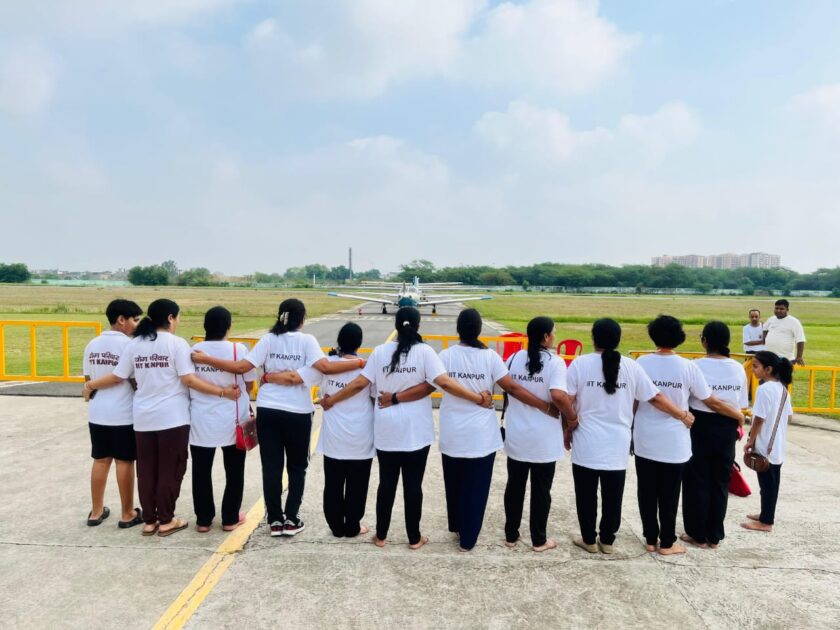New Delhi: India is once again witnessing a surge in COVID-19 cases, with the number of active infections crossing the 3,000-mark, sparking concern among public health officials and citizens alike. According to the latest data released by the Ministry of Health and Family Welfare, the country currently has 3,395 active COVID-19 cases.
Among all states, Kerala is reporting the highest number of active cases, with 1,336 people currently infected. On Friday alone, the state recorded 189 new cases. Maharashtra follows with 467 active cases, while Delhi has logged 375 cases. Other states witnessing a noticeable rise include Gujarat (265), Karnataka (234), West Bengal (205), Tamil Nadu (185), and Uttar Pradesh (117).
Minor increases have also been noted in Rajasthan, Puducherry, Haryana, Andhra Pradesh, and Madhya Pradesh, contributing to a broader national uptick. So far in 2025, 26 COVID-related deaths have been reported across the country.
Why the Sudden Surge?
According to the Indian Council of Medical Research (ICMR), the increase is largely due to Omicron sub-variants, specifically LF.7, XFG, JN.1, and NB.1.8.1, with the first three being the most prevalent. These sub-lineages are similar to the ones that triggered the COVID wave in India back in 2022.
ICMR Director Dr. Rajiv Bahl explained that the recent rise in cases was first seen in southern India, then moved to the west, and has now reached northern parts of the country. The spread is being closely monitored through the Integrated Disease Surveillance Programme (IDSP).
Current Situation and Public Health Response
Despite the increase in numbers, Dr. Bahl reassured that the severity of infections remains low and there is no immediate cause for panic. He emphasized three critical factors in assessing the risk:
-
Transmissibility of the virus
-
Rate of increase in cases
-
Percentage of severe cases
Fortunately, the new sub-variants do not seem to evade prior immunity, and most reported infections have been mild. Severe illness has primarily been observed in individuals with pre-existing conditions.
Precautions Still Essential
While the situation is not currently alarming, Dr. Bahl urged the public to remain vigilant and continue following standard COVID-19 safety protocols. This includes:
-
Wearing masks, especially in crowded spaces
-
Maintaining hand hygiene
-
Getting tested if symptoms appear
India’s health system continues to monitor the developments closely, and health authorities have not ruled out the possibility of localized containment measures if needed.
As the nation braces for potential future waves, public cooperation and timely precautions will remain key to keeping the situation under control.






